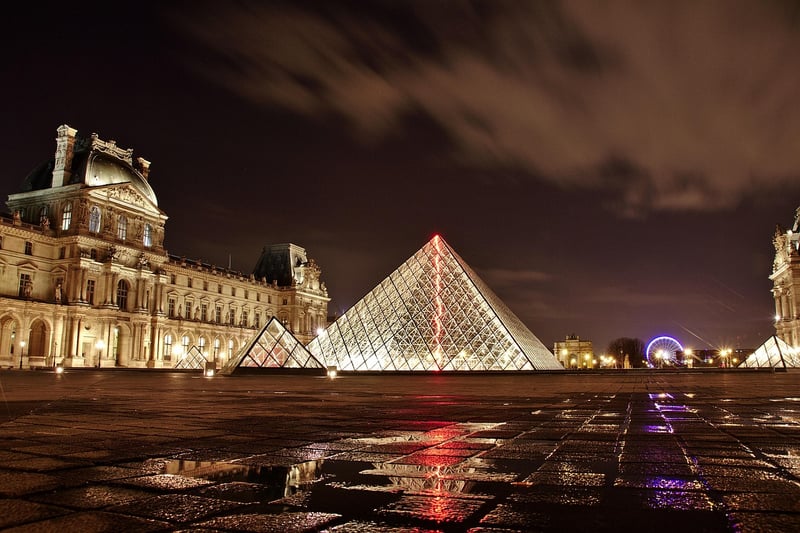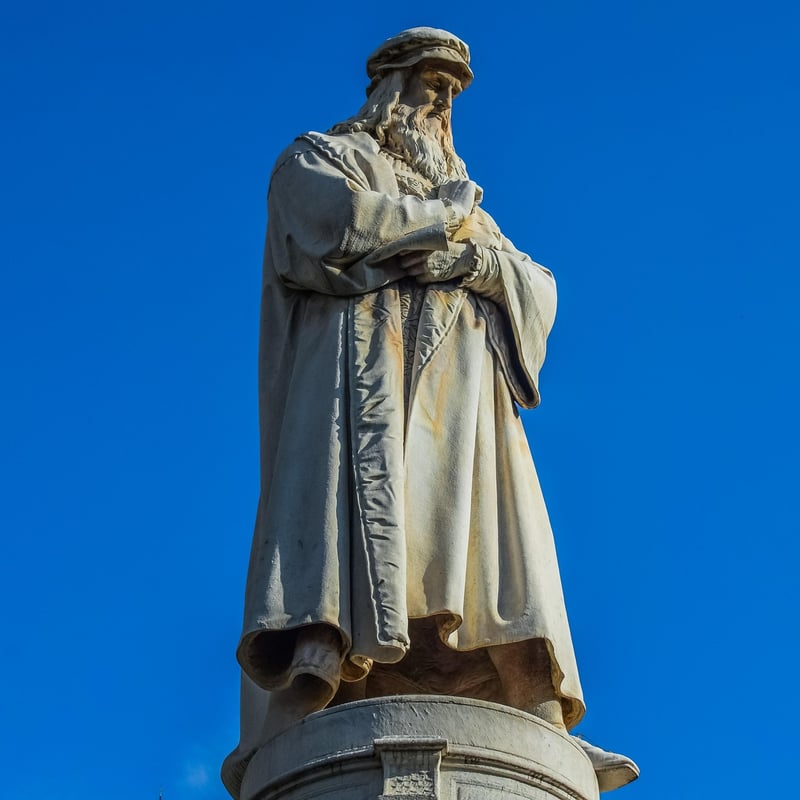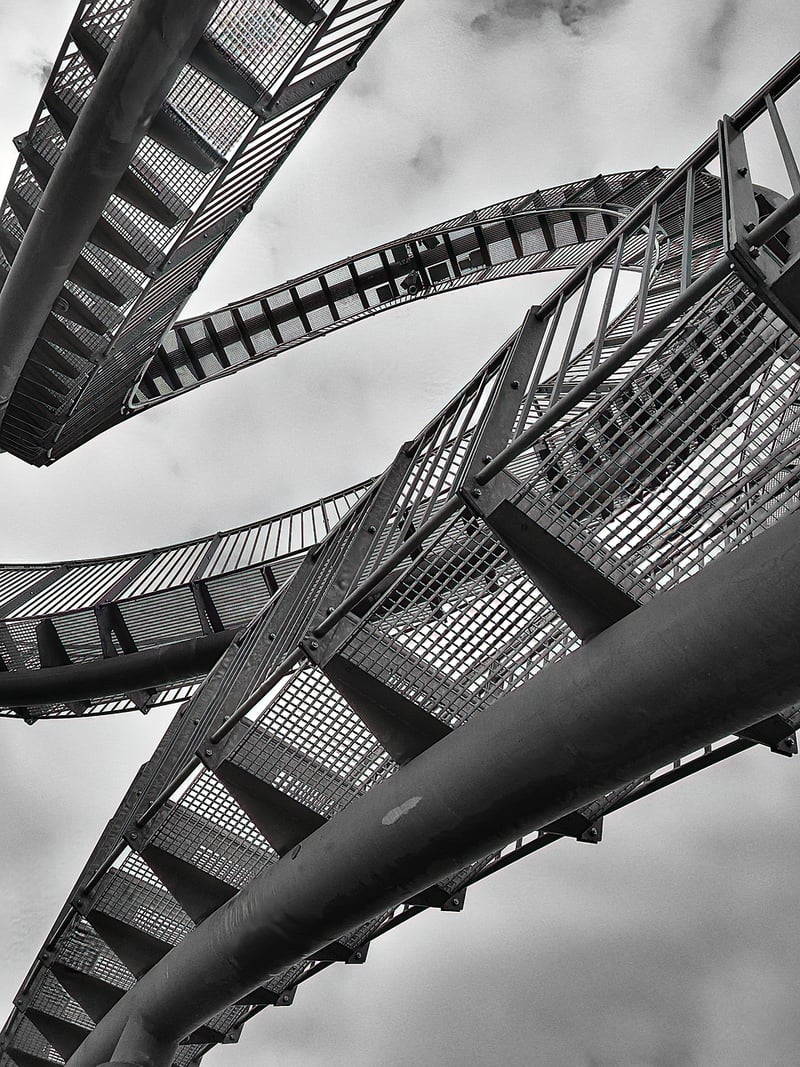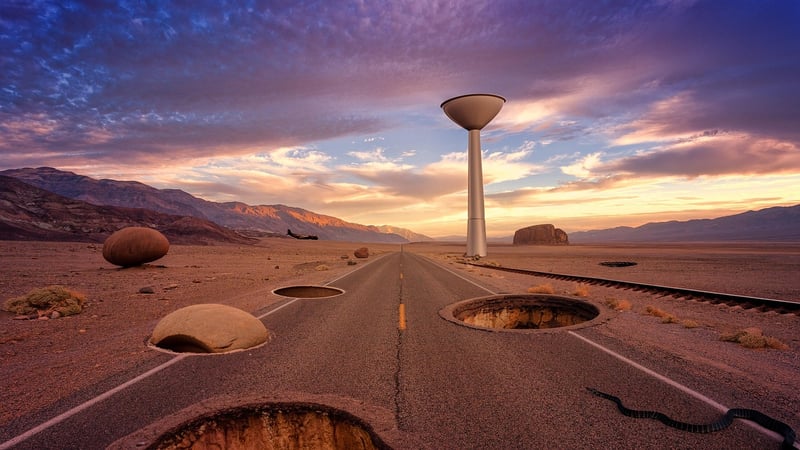Future Dystopia
Exploring Different Eras and a Future Dystopia
Introduction
Throughout history, various eras have shaped our world in unique ways. From ancient civilizations to modern societies, each period has left its mark on culture, technology, and human development. In contrast, the concept of a future dystopia presents a dark and unsettling vision of what the world could become. Let's delve into these different realms and explore the contrasts between the past, present, and a potential future.
Ancient Civilizations
Ancient civilizations such as the Egyptians, Greeks, and Romans laid the foundation for art, architecture, and governance. Their intricate hieroglyphics, majestic temples, and advanced systems of law and order continue to fascinate historians and archeologists to this day.

The Renaissance
The Renaissance period marked a rebirth of arts, sciences, and learning in Europe. Visionaries like Leonardo da Vinci, Michelangelo, and Galileo Galilei pushed the boundaries of creativity and knowledge, leading to significant advancements in various fields.

Industrial Revolution
The Industrial Revolution brought about a massive shift in manufacturing, transportation, and communication. Steam engines, factories, and the rise of urban centers transformed societies, paving the way for modern industrialized nations.

Modern Era
In the modern era, technology and globalization have connected the world like never before. The internet, smartphones, and social media have revolutionized communication and commerce, shaping a fast-paced and interconnected global society.

Future Dystopia
Contrary to the progress and prosperity seen in different eras, a future dystopia paints a grim picture of a world plagued by authoritarian regimes, environmental collapse, and societal decay. Themes of oppression, surveillance, and technological control dominate this bleak narrative.

Conclusion
By exploring the diverse eras of human history and considering the possibility of a future dystopia, we gain a deeper understanding of the forces that shape our world. While each era has its triumphs and challenges, it is essential to reflect on our past to navigate towards a more sustainable and inclusive future for generations to come.
